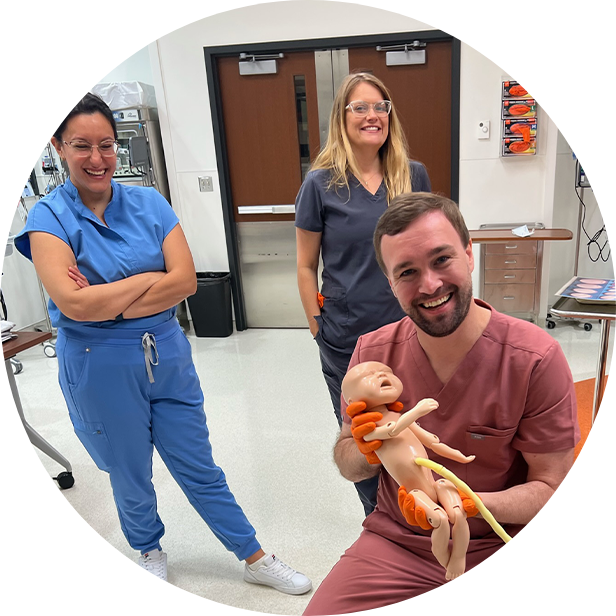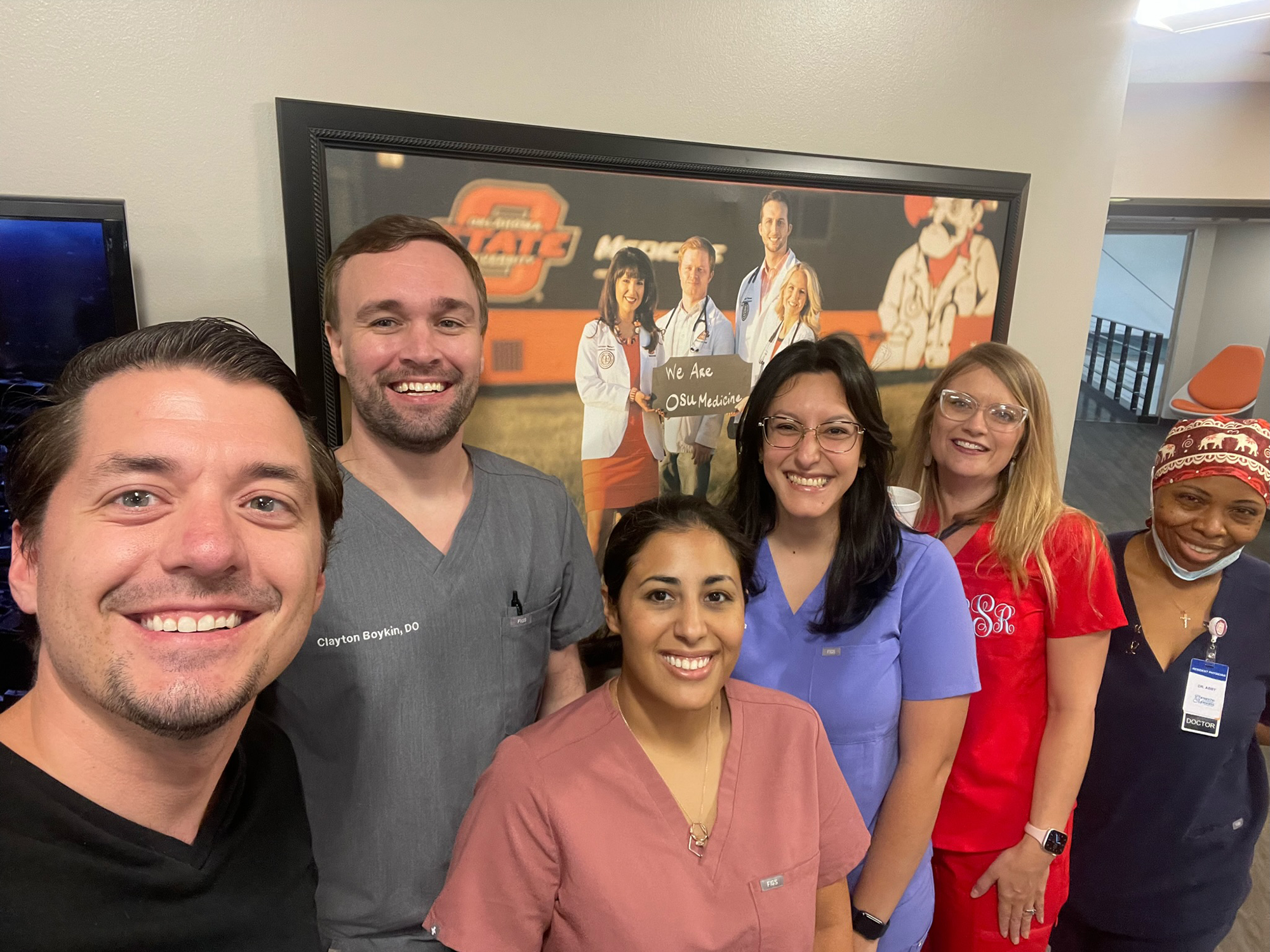Family Medicine Wellness
What is Wellness in Residency?
Providing resources and organizing activities to help residents stay physically and emotionally healthy, as well as develop good habits for the future.
How to promote resident wellness?
Here are six strategies that programs can use to promote wellness:
- Create a supportive work environment.
- Prioritize resident education.
- Provide mental health support.
- Encourage physical activity.
- Foster a sense of community.
- Promote self-care.
How to stay healthy during residency?
Fitness experts recommend engaging in aerobic exercise balanced with low-to-moderate-level weight training a few days a week. Take advantage of the days you have off, as well as any day you have the chance to leave early, and utilize that time to squeeze some exercise into your schedule.
What are the 4 types of wellness?
The Four Dimensions
- Spiritual Wellness: Spiritual strength is that force that drives us to make sacrifices for others, our nation, and the greater good.
- Emotional Wellness: Emotional wellness refers to building an awareness of and accepting one’s feelings and moods.
- Physical Wellness
- Social Wellness
Why is residency so stressful?
Perfectionism can be a bane for many residents. While striving for excellence is commendable, it’s essential to recognize that mistakes, while unfortunate, are a part of the learning process. Setting unrealistically high expectations can lead to undue stress and feelings of inadequacy.
How do you thrive in residency?
Being a Successful Intern and Junior Resident
- Get comfortable with not knowing. You’ve studied hard, completed medical school, and learned a great deal about medicine.
- Stay connected to your larger purpose.
- Be professional.
- Help new residents.
- Study in small doses.
- Cultivate connections.
- Practice work-life balance.
Training resident physicians to recognize the importance of balancing their own well-being with the rigors of graduate medical education is a top priority for our residency. We strive to reach this goal through numerous residency driven initiatives.
Introductory Clinic Immersion Month
During the month of July, our interns spend 4 weeks in the family medicine residency clinic. Mornings are slow-paced with 1 patient per hour, so that interns can familiarize themselves with the clinic staff, the electronic medical record, and patient population. Senior residents are not scheduled to see their own patients during those mornings, but instead are focused on mentoring their interns on the clinic process.
This mentorship allows for leadership guidance from the senior residents, while fostering a collaborative and supportive relationship with the incoming interns.
Behavioral Health
Additionally, MHS offers an Employee Assistance Program that connects both residents and their eligible family members with 24/7 phone access to live professional counselors who can refer you to counseling sessions near your work or home.
Photo: Annual SIM LAB and Retreat held every September in Tulsa

Social Bonding and Supportive Family Environment
During our Simulation Education Week, residents and faculty travel to our sponsoring institution in Tulsa, Oklahoma to build on procedural skills utilizing OSU-COM’s state of the art Simulation Center. Evenings during the event, are spent with the residents bonding at dinner, playing pickle ball, and sightseeing in the Tulsa metro area.
Faculty hosts a variety of family friendly events throughout the academic year, including our annual summer cookout, fall dip party, and Christmas party.
Resident Leadership
Our program highly emphasizes and fosters a culture of openness, and feedback through programs surveys, open discussion, and chief resident townhalls regularly.
Quarterly didactic sessions covering various topics including but not limited to professionalism, quality improvement, physician impairment, and protected wellness time.
Crucial Conversations training is provided to all residents and clinical staff to improve dialogue and effective communication.

